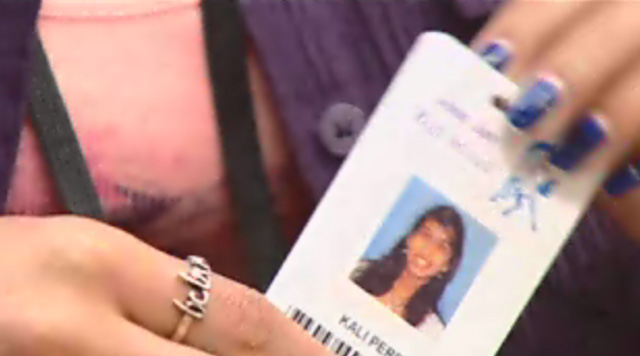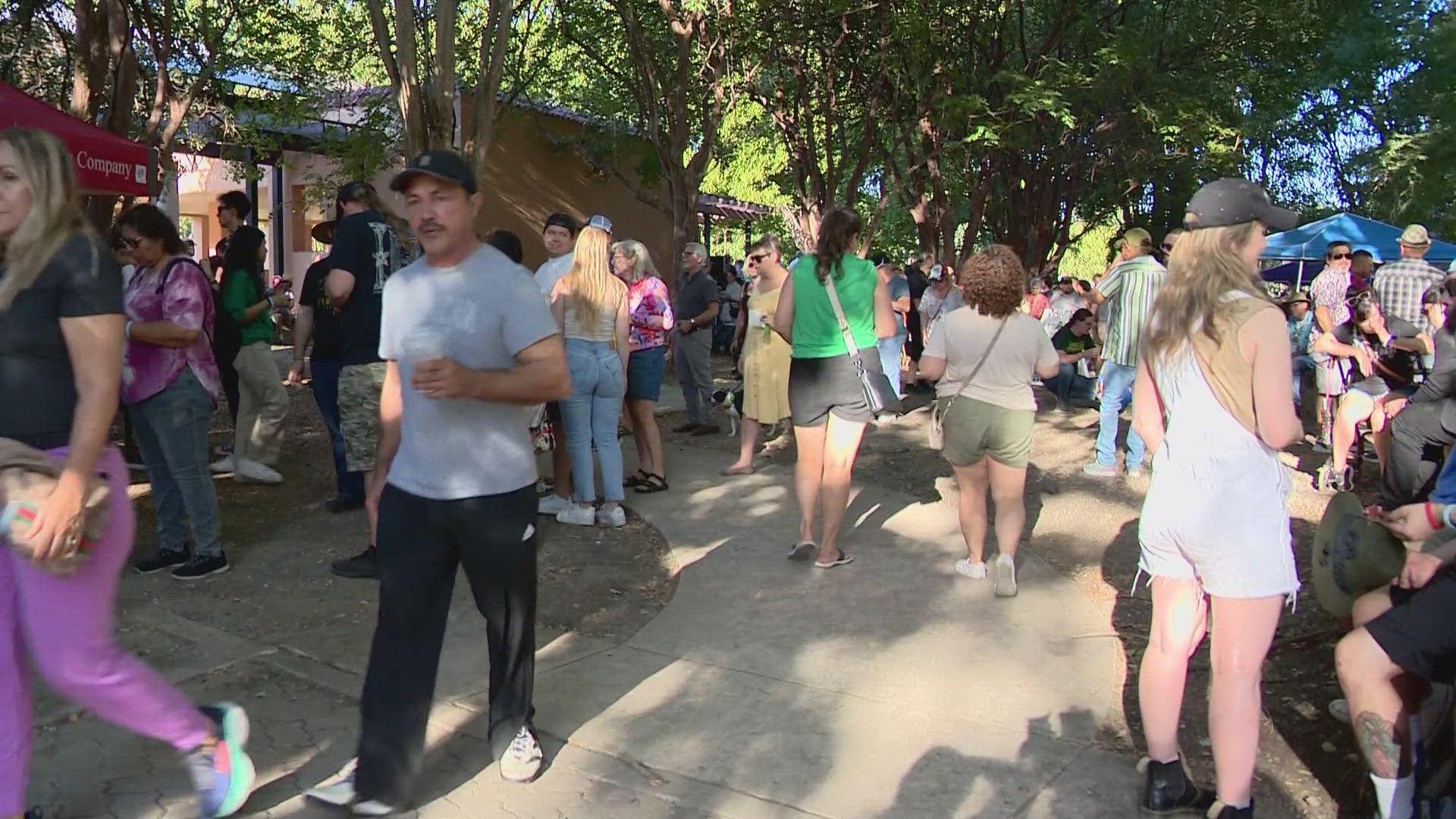SAN ANTONIO - A controversial student-tracking system has been officially 'ditched' by Northside Independent School District officials.
The ID chip was supposed to increase attendance by tracking students' locations on campus, in an attempt to boost attendance rates. Instead, the chips led to outrage and a lawsuit.
The RFID device used at John Jay High School and Jones Middle School will cease, NISD spokesperson Pascual Gonzalez said.
The expected gains-in-attendance numbers never materialized. At John Jay attendance jumped from 94.2 percent to 94.7 percent; the middle school's rate increased by a mere 0.7 percent.
What did climb was nation-wide criticism of privacy and civil-rights violations.
And then, there was a student who refused to carry the ID, Andrea Hernandez. She filed a lawsuit and was eventually expelled -- district and appeals courts upheld the school district s decision.
Hernandez s family cheered the news of the dropped program on a Facebook page administered by Hernandez's dad.
The post stated: WE WON WE WON THANK YOU EVERYONE FOR YOUR PRAYERS NO MORE RFID...
Hernandez's attorneys said the 'court of public opinion' prevailed.
The Rutherford Institute attorney John Whitehead said, I think you re going to find as these things go on -- especially with all the revelations we re having with the NSA and government watching people -- there are going to be more people who are going to object to this.
The key to these programs is having an opt-out procedure, for those who don t want to be part of the program, Whitehead added.
Northside officials said the RFID program wasn t cost effective; it actually increased workloads on staff at John Jay High School and Jones Middle School.
NISD officials said a survey of parents, students and teachers opinions about the RFID badges were lackluster. Less than 50 -- of more than 4,000 -- surveys were returned.
Students were mostly negative, Gonzalez said, while teachers and parents remained positive about the program.
Still, the district isn t done with it's $271,659 investment just yet.
This technology is valid. This technology is powerful. We just have to figure out how this technology might be tapped in a public-school setting, Gonzalez expanded.


